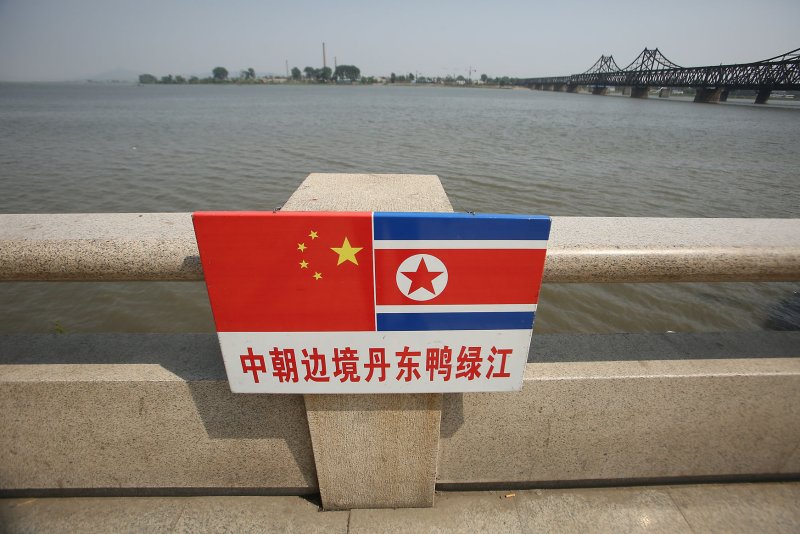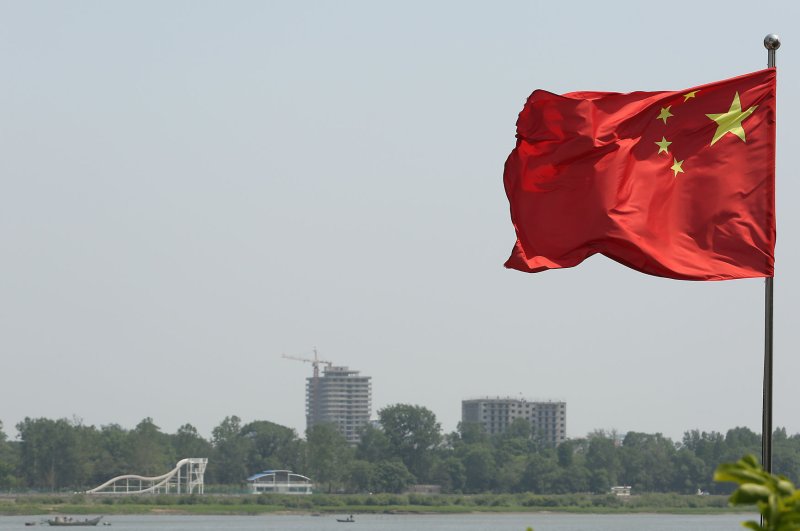Quansheng Zhao, a professor of international relations at American University, said China sees North Korea's "domestic internal factors" as driving Pyongyang's policies, and Beijing may not agree it has significant influence over Kim Jong Un. The question of Korean unification is also a matter to be resolved internally, between North and South Korea, from China's perspective, the analyst said. China takes a principled approach to Korea issues, Zhao added. "China's position on Korean unification, and on the North Korea nuclear issue, is pretty clear," he said at the forum organized by the Global Peace Foundation.
According to the analyst, China has stated it seeks a nuclear-free Korean peninsula, peace and stability, as well as the pursuit of diplomacy, or dialogue. China has prioritized diplomacy over military confrontation, Zhao said. The domestic aspect of Korean division is the more decisive factor that will determine any move toward unification, he added. "It's a question of whether the two societies, the two Koreas, have the mature conditions," that indicate they are ready to move forward with unification, he said. Zhao did not rule out influence from "external" powers or coalitions, including the previously held six-party talks that were held to work toward a goal of North Korea denuclearization.
China's traditionally close ties to North Korea has changed over the years, owing to Pyongyang's lack of willingness to heed warnings from Beijing.
North Korea's lack of willingness to heed Beijing's warnings has also pushed China to change its North Korea approach. China's relations with North Korea, once described as close as "lips and teeth" since the 1950-53 Korean War, has cooled in more recent times. China subsequently began to take a "national interest" approach to relations, which was followed by a "co-management" approach that includes working with Washington, according to Zhao. China's co-management of North Korea, or working more closely with the United States on exerting pressure, took place as Beijing began to ease tensions with Seoul over the deployment of U.S. missile defense on the peninsula, or THAAD.
China had been retaliating on the deployment decision by penalizing South Korean companies or banning Chinese tourism to the South. Zhao told UPI unofficial sanctions ended because "mutual trust" was established between Korea and China. But South Korea may not be the only Korea China trusts to not destabilize the region. "There are no Chinese soldiers on the Korean peninsula," Zhao said, referring to the country's northeastern border. "China is not an imperial power."
China has drifted from North Korea, analyst says



